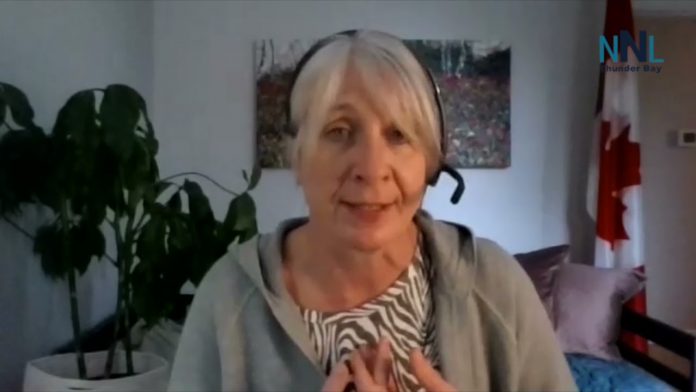Ottawa – Indigenous News – Minister of Indigenous Services, Patty Hajdu, issued the following statement:
“January 2022 marks the two-year anniversary of the coming into force of An Act respecting First Nations, Inuit and Métis children, youth and families (the Act). This historic, co-developed legislation affirms the jurisdiction of First Nations, Inuit and Métis groups, communities and peoples in relation to child and family services and sets out national principles for the best interests of the child, cultural continuity and substantive equality to help guide the delivery of services to Indigenous children. Canada is committed to ending the ongoing issue of vast overrepresentation of Indigenous children in care by investing in a path led by First Nations, Inuit and Métis peoples so that Indigenous children have the opportunity to grow up in their communities, surrounded by loved ones and immersed in their culture.
Since coming into force two years ago, 59 Indigenous governing bodies have submitted notices and requests concerning the exercise of jurisdiction in relation to child and family services, representing more than 120 Indigenous groups, communities and people. Of this, 18 coordination agreement discussion tables have been established.
Coordination agreement discussions tables provide an opportunity for an Indigenous group, community or people to work with the relevant provincial, territorial and federal governments to determine responsibilities, processes and coordination of services to help ensure a smooth and effective exercise of jurisdiction in relation to child and family services
In July 2020, Cowessess First Nation signed the first coordination agreement under the Act with the Government of Canada and the Government of Saskatchewan. Cowessess’s Miyo Pimatisowin Act focuses on prevention, ensuring families have the resources they need to heal from intergenerational trauma. We look forward to more milestones like this as other groups enact their child and family services laws and sign coordination agreements with Canada and the provinces and territories over the coming years.
To support the implementation of the Act, capacity-building funding is available to support Indigenous groups, communities and peoples as they work within and across their communities to build strong foundations to exercise jurisdiction in relation to child and family services. To date, the Government of Canada has provided over $56 million to 115 Indigenous groups preparing to undertake coordination agreement discussions.
Also, as announced on January 4, 2022, the Government of Canada and the Parties reached Agreements-in-Principle on a global resolution related to compensation for those harmed by discriminatory underfunding of First Nations child and family services and to achieve long-term reform of the First Nations Child and Family Services program and Jordan’s Principle, to ensure that no child faces discrimination again. Among many things, this announcement continues to lay the foundation for First Nations seeking to exercise jurisdiction in relation to child and family services through the Act.
The Act is historic legislation and will have lasting impacts into the future, ensuring that Indigenous children and families can stay together, in their communities and surrounded by their culture. Most importantly, it ensures that Indigenous jurisdiction is recognized and affirmed, and that the path forward is First Nations-led, Inuit-led and Métis-led.”
To learn more, please visit Indigenous Service Canada’s website: Reducing the number of Indigenous children in care.

